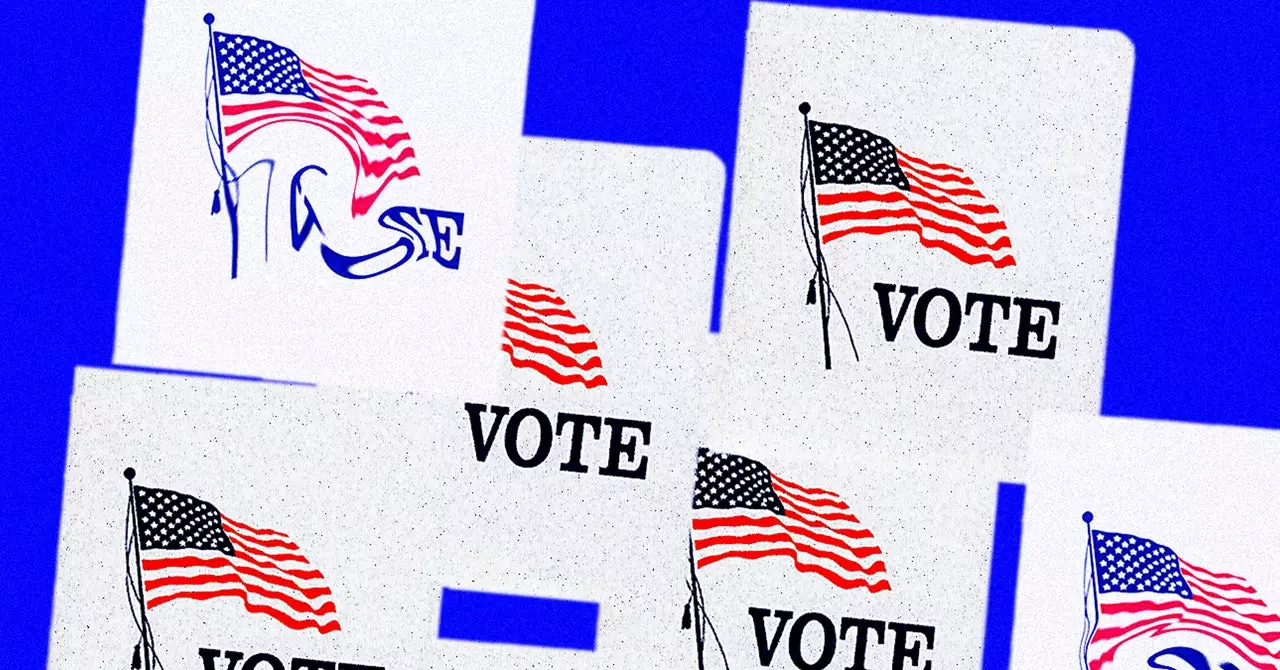As the use of AI in political advertising becomes more prevalent, one can’t help but question the accuracy of the content generated. The fear of AI tools “hallucinating” or making up information out of thin air is a legitimate concern. While Allison Hutchinson, the founder of BattlegroundAI, mentions that the generated content is reviewed by humans before dissemination, the risk of misleading or false information slipping through the cracks still remains.
There is a growing movement that opposes the way AI companies train their products on creative works without permission. The concern extends to tools like ChatGPT, which raises questions about consent and proper training methods. Hutchinson acknowledges these concerns and emphasizes the need for dialogue with Congress and elected officials to address the ethical implications of AI technology in the political sphere.
One of the proposed solutions to mitigate ethical concerns around AI in political advertising is to train language models using only public domain or licensed data. While Hutchinson expresses openness to this idea, she also highlights the importance of providing users with efficient and high-quality tools, especially in resource-constrained environments. The ultimate goal is to ensure consistency and reliability in the generated content.
Hutchinson addresses the concerns of individuals in the progressive movement who may oppose the automation of ad copywriting. She acknowledges the valid fears associated with new technologies but argues that AI can help streamline mundane tasks and free up human creativity. By relieving teams of repetitive work, AI tools like BattlegroundAI aim to support overburdened campaigns with limited resources.
Peter Loge, a professor specializing in political communication ethics, weighs in on the ethical implications of using AI in political writing. He points out that the requirement for disclosing AI-generated content should be applied universally to all forms of political communication, regardless of the author. While Loge recognizes the concerns about public trust and skepticism surrounding AI-generated content, he also raises questions about the impact on political discourse and truthfulness.
Despite the ethical dilemmas associated with AI in political advertising, Hutchinson remains focused on the immediate benefits of her company’s technology. She emphasizes the desire to assist people in the present moment, highlighting the practical advantages of using AI tools like BattlegroundAI in optimizing campaign strategies and reaching target audiences effectively.
The integration of AI in political advertising poses significant ethical challenges that warrant careful consideration. While the technology offers undeniable benefits in terms of efficiency and resource optimization, the potential risks of misinformation and public distrust cannot be ignored. As the debate surrounding AI in politics continues to evolve, it is essential to address these ethical concerns proactively and engage in meaningful dialogue to ensure transparency and integrity in political communication.


Leave a Reply